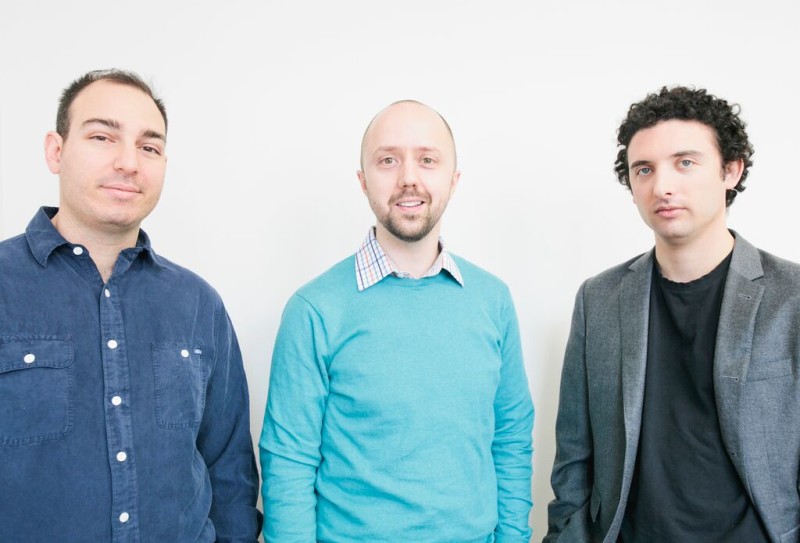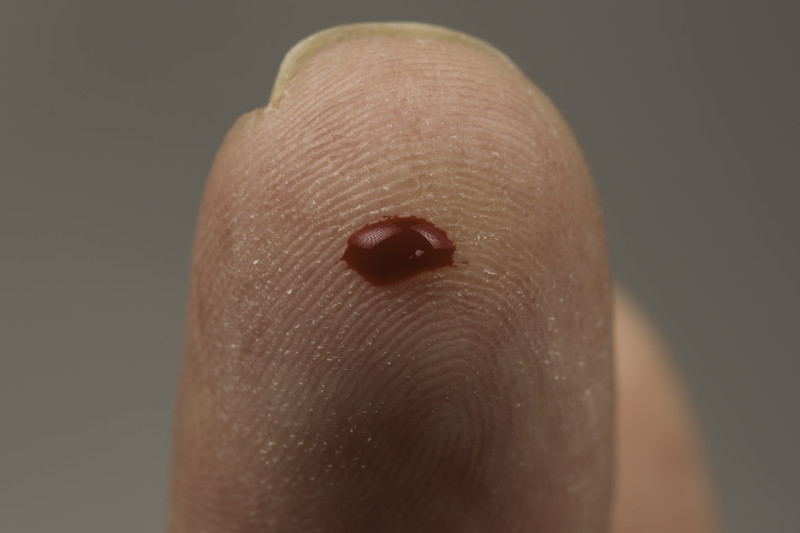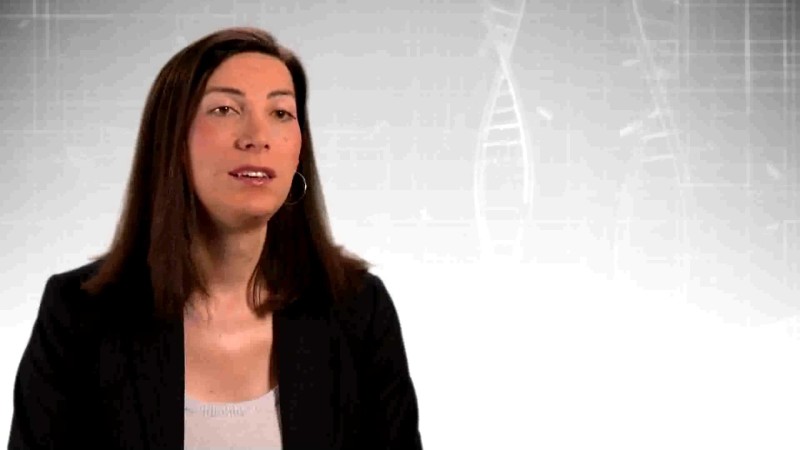Digital health has arrived.
In 2014, investment in health-technology companies surpassed $4.1 billion, nearly the total of all three prior years combined. A broad spectrum of startups gained funding, including wearable-makers, analytics vendors, and new medical devices.
But the press has focused its attention on just a tiny fraction of these promising startups. Companies that win headlines tend to fit a certain mold: The product is trendy; the founders are twenty-something college drop-outs; the offices are based in a tech hub like San Francisco; and the team is backed by a trendy venture capital firm or startup accelerator.
For the past several weeks, I've been on the hunt for America's most promising, but relatively-unknown companies. Over a dozen health experts [skip to the bottom for the full list of names] submitted their suggestions to KQED and we whittled it down to just ten.
FIGURE 1

What is it? Figure 1 is a service for doctors and nurses to securely share patients' medical images to increase knowledge and aid diagnosis.
Why it's Under-the-Radar: The company has just this year gained some attention from the press, in part, due to its high-profile investor (New York City's Union Square Ventures) and catchy description as an "Instagram for doctors." But it is based in Toronto, Canada, and has a long way to go before it's a household name in the United States.
What Stands Out: Photo-sharing is a crowded space, even in the world of health care. But Figure 1 appears to be gathering steam: A spokesperson says "hundreds of thousands" of health professionals use it to share medical media. In future, it may prove to be a valuable tool for patients who want to keep a visual record of their rashes, burns, wounds or other medical issues over time.
HOMECARE HOMEBASE

What is it? Homecare Homebase wants to make life a little easier for hospice and homecare agencies with its cloud-based software.
Why its Under-the-Radar: The company is based in Dallas, Texas, rather than a technology hub. It's core product is highly useful for its niche market, but it's not particularly sexy.
What Stands Out: One of our experts, Chris DeNoia, describes Homecare Homebase as a "dominant technology" in the hospice community, but one that is rarely discussed. Hearst Corporation acquired a large chunk of the company in 2012, as it saw major potential for companies that can help hospital and homecare professionals access medical data.
KYRUUS
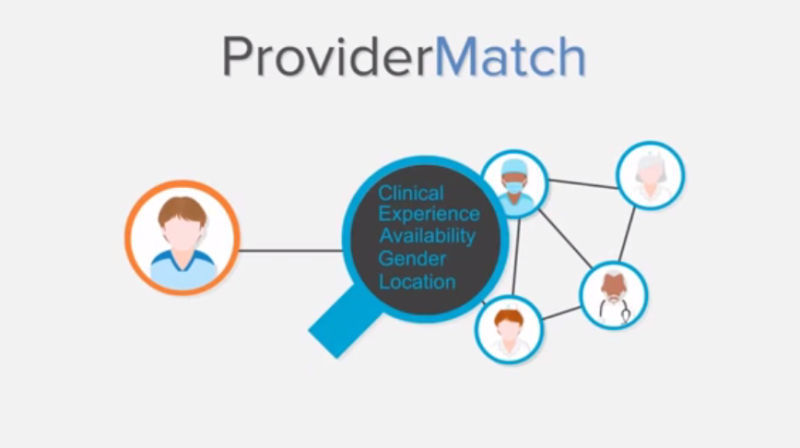
What is it? Kyruus's technology helps hospitals and health systems match patients to the right doctors.
Why it's Under-the-Radar: Most people's eyes will glaze over at the term "referral management," which is Kyruus' core competency. And the investors are big names in the world of health IT, but aren't widely-known in the mainstream business press.
What Stands Out: The company makes money and has a strong social mission. Kyruus is helping crack down on the widespread practice of "inappropriate referrals," so patients' time and money isn't wasted by seeing the wrong doctor. The founders started the company after hearing about frequent "conflict of interest" in the the murky business of physician-to-physician referrals.
CONSEJOSANO
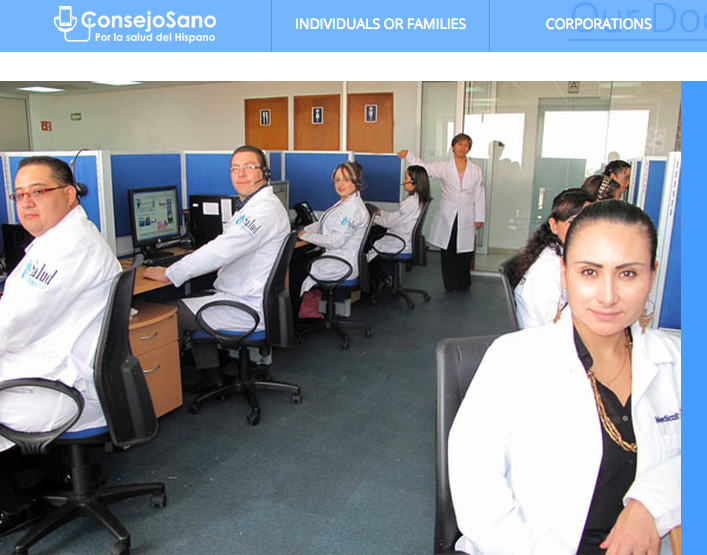
What is it? ConsejoSano delivers virtual care, including practical tips and advice, to the Latino community in the United States. The doctors that deliver this information reside in Mexico.
Why it's Under-the-Radar: It serves a large, but specific demographic. The company hasn't gained investment from any trendy venture capital firms and is based in Los Angeles, rather than Silicon Valley.
What Stands Out: Canaan Partners' health investor Julie Papanek initially put the company on my radar as one to watch. "Having a doctor who can communicate verbally as well as culturally is critical and has mainly been unavailable to Latinos of Mexican decent in the U.S.," she said. The service isn't intended to replace the existing doctor-patient relationship for its users, but to facilitate it.
CHENMED

What is it? Primary care clinics focused on serving the sickest, poorest, and oldest patients. The company also has a technology arm called "ChenTech," which develops products to help medical professionals care for elderly patients.
Why it's Under-the-Radar: ChenMed hasn't migrated yet to any technology hubs. It is based in the Southeast, although it is exploring other markets (the company tells me it has no "short-term" plans to expand to the Bay Area).
Why it Stands Out: It's a true family business: The Chens are a family of doctors from Miami, Florida. The idea for the company came from the family's patriarch, James, who was diagnosed with brain cancer in his sixties and informed he had just six months to live. James survived, and helped start ChenMed to improve the experience for other patients.
